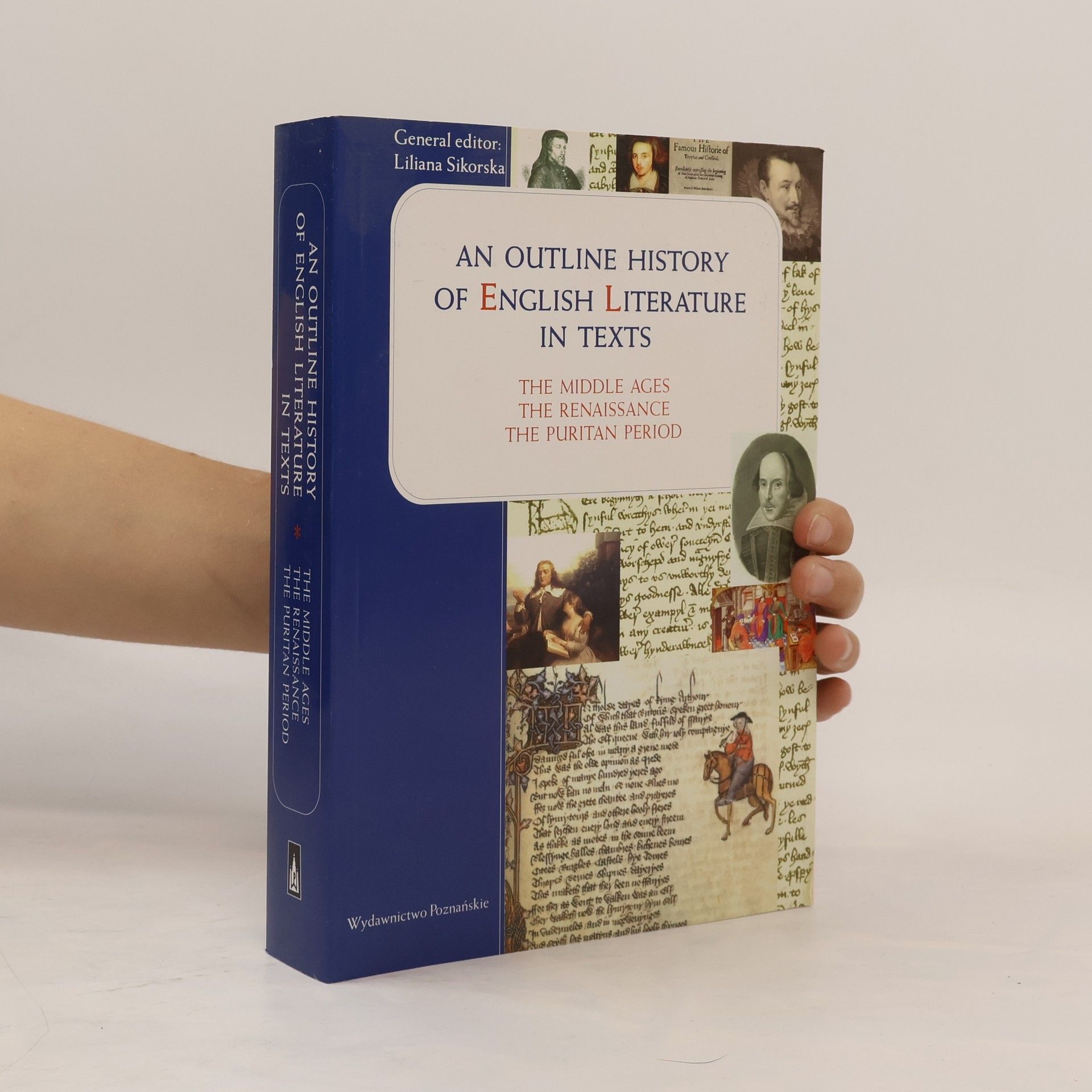Travel narratives and historical works shaped the perception of Muslims and the East in the Victorian and post-Victorian periods. The book discusses that troubled legacy drawing on the discourses on Muslims originating in the European Middle Ages, a
Liliana Sikorska Livres


An outline history of English literature in texts
The Middle Ages, the Renaissance, the Puritan Period. 1
- 716pages
- 26 heures de lecture